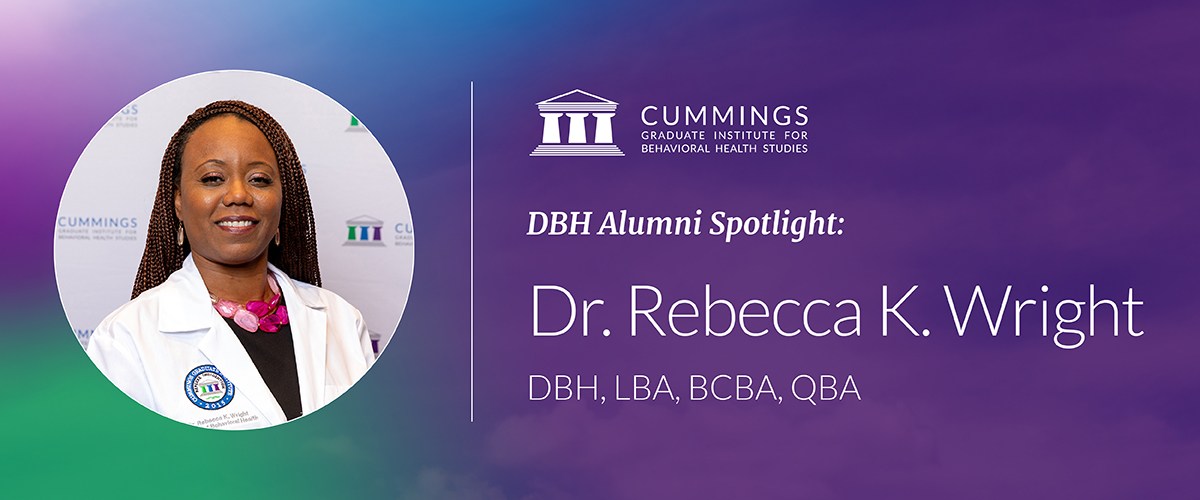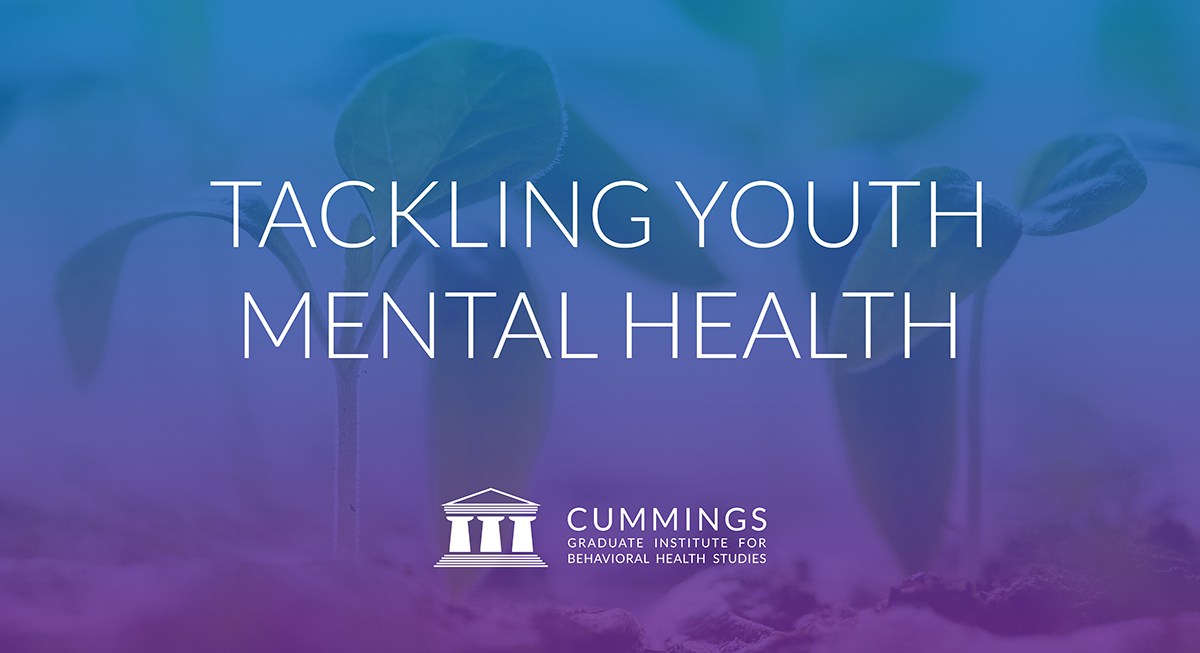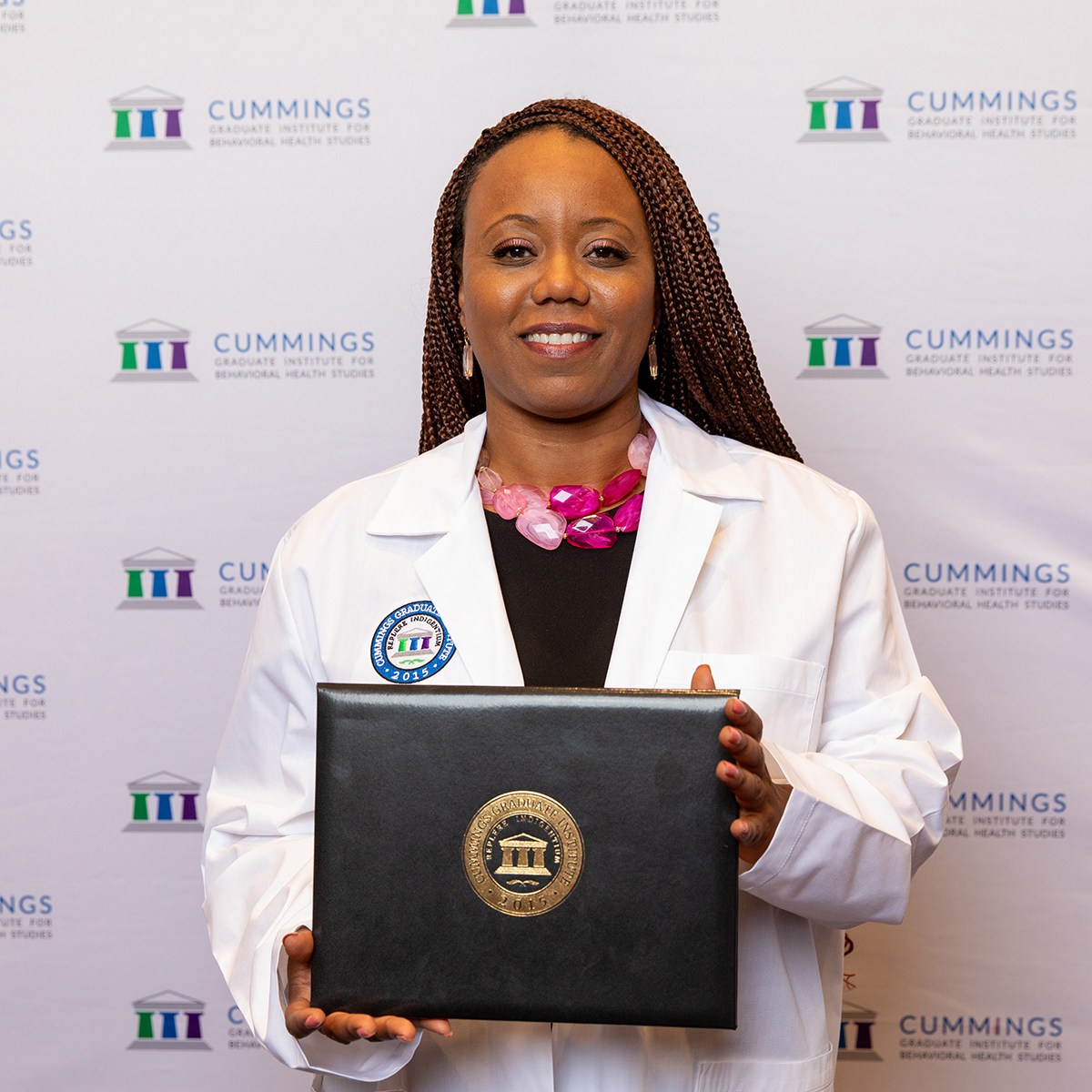 Championing Equity: Dr. Rebecca K. Wright on Patient Advocacy, Policy Reform, and Culturally Inclusive Care
Championing Equity: Dr. Rebecca K. Wright on Patient Advocacy, Policy Reform, and Culturally Inclusive Care
December 18, 2024
Dr. Rebecca K. Wright, a Doctor of Behavioral Health, Certified Behavior Analyst, and Licensed Behavior Analyst in New York, has 20 years of clinical experience dedicated to supporting children and adults with special needs and their families and is the founder of Wright Way Care, LLC. She earned her undergraduate degree in Psychology and her Master of Science in Education from Long Island University, followed by extensive roles as a certified school psychologist and a Behavior Specialist for the Office of People with Developmental Disabilities before earning her doctorate at Cummings Graduate Institute for Behavioral Health Studies (CGI). Dr. Wright specializes in developing evidence-based ABA curricula, training parents and educators in behavioral strategies, and addressing healthcare disparities among special needs populations. Passionate about advocacy, professional development, and public policy, she combines her expertise and compassion to promote equitable, integrated healthcare practices that make a meaningful impact. In this interview, Dr. Wright reflects on her transformative DBH journey and how it has shaped her career, fueling her passion for legislative advocacy and policy development to support individuals with special needs.
How has graduating from the DBH program influenced your approach to addressing behavioral health challenges and making a difference in the field?
Graduating from the DBH program has influenced and enhanced my approach to addressing behavioral health challenges and making a difference in the field by preparing me to become a serious business owner. Through the DBH program, I understand now that becoming a business owner not only assists me in reaping the financial benefits of working for myself, but the program also offers me a sense of freedom to make a difference in an individual’s life. Most behavioral health challenges focus on maintaining and improving public policies that focus on the patient. For example, the program has further my focus on obtaining further knowledge and research in healthcare and public policies. The program has enhanced my understanding of the importance of behavioral health and the healthcare discrepancies present in economically underdeveloped communities. Healthcare discrepancies are also present in the special needs population. After learning about healthcare discrepancies, I wanted to make a difference by developing and managing effective healthcare services using evidence-based interventions within the special needs community.
What are your primary professional interests within the realm of behavioral health, and how do these align with your career goals?
My primary professional interests in behavioral healthcare include legislative advocacy and policy development for individuals with special needs. Both interests were cultivated during my studies in the DBH program and align with my future career goals. Individuals and their families have a culture that requires respect and understanding of the barriers to their care. Now that I’ve graduated from the DBH program, I plan to open a behavioral health center that focuses on patient advocacy and developing policies sensitive to the culturally diverse needs of patients. During my DBH studies, I’ve also researched the topic of social determinants of health and healthcare equality vs. healthcare equity. I developed an integrated healthcare assessment from my studies that will be part of my center’s intake process. My new assessment will further best practices in behavioral health, focusing on family-centered and integrated healthcare practices.
 Can you share a memorable experience or turning point in your DBH journey that shaped your perspective on integrated care?
Can you share a memorable experience or turning point in your DBH journey that shaped your perspective on integrated care?
One of my required courses during my DBH journey was a class that focused on equity and healthcare. This class was a significant turning point for me because it highlighted the difference between equity and equality in healthcare. I was made aware that the system was “broken” and still was not putting the patient first. I learned that some populations were susceptible to specific comorbid illnesses due to environmental stressors and discrimination. This was significant because I was made aware of the great need for healthcare reform and social justice within the healthcare sectors.
My second memorable experience during my DBH journey included a class that focused on integrated healthcare and autism. I was shocked that most states do not have a solid program to assist families with children diagnosed with autism in navigating the healthcare system and helping with the transition from childhood to adult healthcare. The parents need to be made aware of what to do next or where to go to get assistance. A healthcare system that is more reactive than proactive will set up families for failure and deny a patient access to the best health outcomes (e.g., healthcare equity). This class significantly changed my perspective on the importance of integrated healthcare. I was faced with the fact that I wouldn’t have known this information if I hadn’t attended this class and hadn’t been guided by my professor, who so passionately taught the importance of this topic.
What impact do you hope to make with your DBH degree?
I aim to make the following impact on changing behavioral health within my community. First, I will open a family healthcare center that provides integrated healthcare to children with special needs who reside in economically underdeveloped communities. 2.) I will conduct research that substantially involves the community (community-based research) 3.) I want to pursue a legislative position in my state to advocate for healthcare improvement.
What motivates you to advance within the integrated care behavioral health field?
My desire to advance behavioral health stems from having a heart to help children and families. My pursuit of advancing behavioral health comes from my research on how effective an integrated healthcare system works. It is a system that efficiently puts the patient first. It also supports the providers who do the work. I’m inspired by the work I’ve observed from my professors and classmates and the numerous research discoveries I’ve found in my DBH studies that prove that integrated healthcare has changed and improved lives. I am also inspired by my patients and their families who have fought for the rights of their children to have a healthy and fulfilling life regardless of their physical and mental diagnosis.
What advice would you give to prospective students or professionals considering the DBH program?
I encourage prospective DBH students not to fear taking a step into what seems impossible to accomplish. Do not doubt yourself and your skills. I also encourage prospective students to follow their interests and be open to finding new insights while on this DBH journey.
Dr. Rebecca K. Wright’s journey exemplifies the transformative power of education and dedication to creating meaningful change for individuals with special needs and their families. Her passion for advocacy, equity, and integrated care serves as an inspiring reminder of the profound impact that one Doctor of Behavioral Health can have on countless lives. By combining expertise, compassion, and a commitment to change, Dr. Wright is not only advancing the field but also paving the way for a more inclusive and equitable healthcare system. Her story inspires us to embrace our aspirations with courage and to use our knowledge to make a tangible difference in the lives of others.
Connect with Dr. Rebecca K. Wright
Instagram: practitioner2policymaker
Wright Way Care, LLC: https://wrightwaycare.com/
Dr. Rebecca K. Wright Shares Why She Chose the DBH Degree Program
Learn More About Dr. Rebecca K. Wright’s DBH Culminating Project Research
Dr. Rebecca Wright’s culminating project, Can an integrated healthcare assessment explicitly developed for Early Intervention services benefit the overall development of children identified as an part of a marginalized community?, is an integrated healthcare assessment designed for children from marginalized communities who qualify for EI services.
Check Out Dr. Rebecca K. Wright on the Disruptors at Work Podcast
 Disruptors at Work: an Integrated Care Podcast, Episode, Tackling Youth Mental Health with Dr. Allison Earl, DBH, LPC-S and Dr. Rebecca Wright, DBH, LBA, BCBA, QBA.
Disruptors at Work: an Integrated Care Podcast, Episode, Tackling Youth Mental Health with Dr. Allison Earl, DBH, LPC-S and Dr. Rebecca Wright, DBH, LBA, BCBA, QBA.
Explore Dr. Rebecca K. Wright’s Research and Writing from the DBH Program
 DBH Student Work Spotlight: Best Practices for Vulnerable Populations in Women’s Health Settings
DBH Student Work Spotlight: Best Practices for Vulnerable Populations in Women’s Health Settings
Read more about the course assignment and other student work examples.
DBH Student Work Spotlight: Neuropathophysiology for Behavioral Health Providers
Attention Deficit Hyperactivity Disorder and Microbiome: Clinical Pathway Proposal
Read more about the course assignment and other student work examples.





























